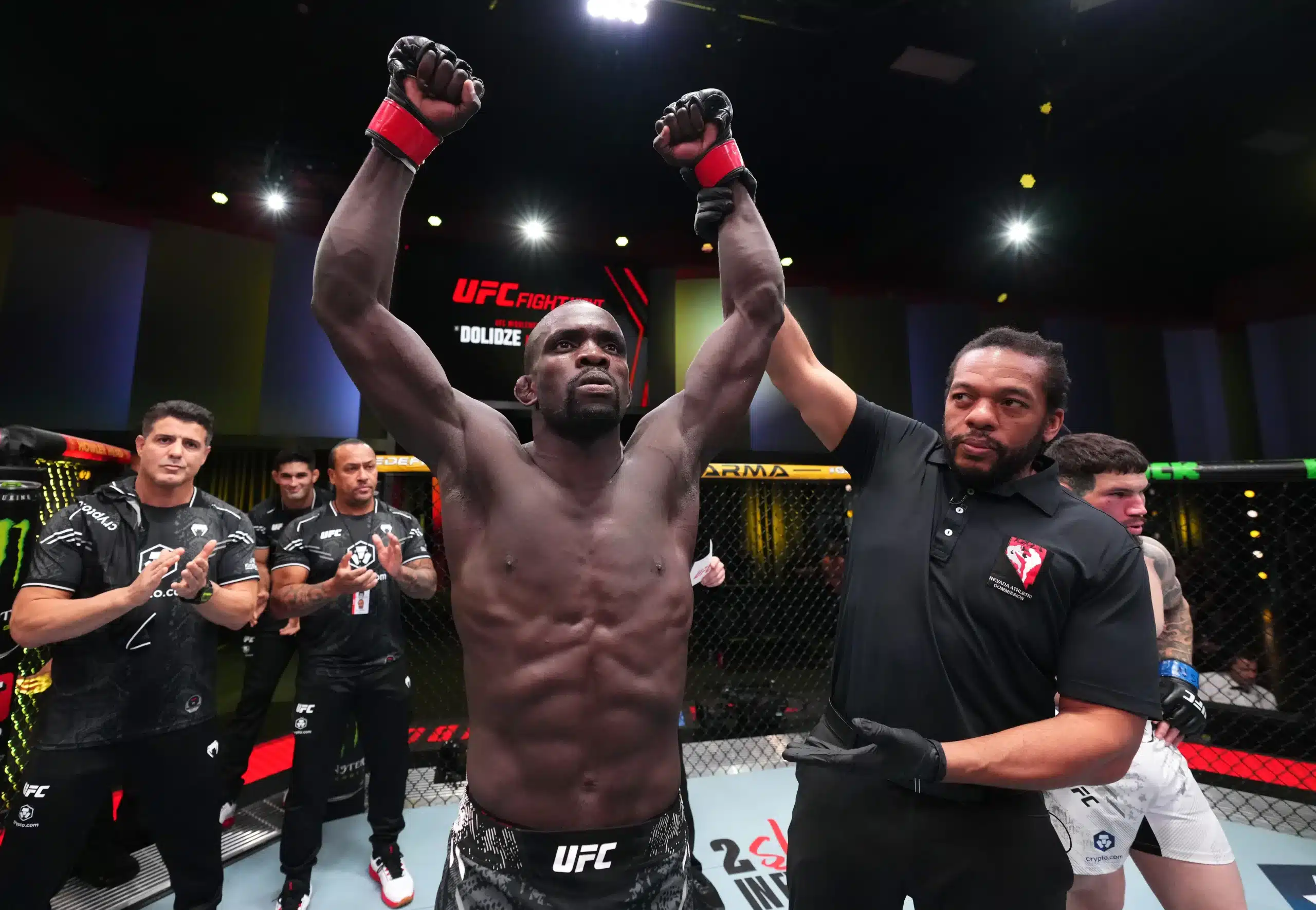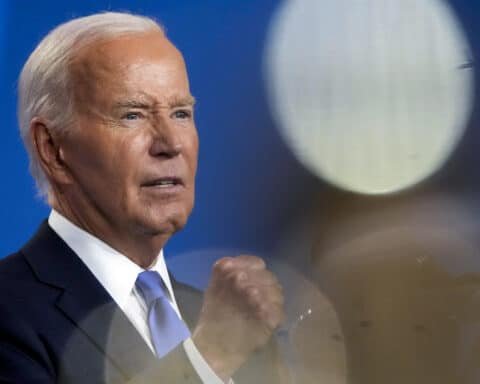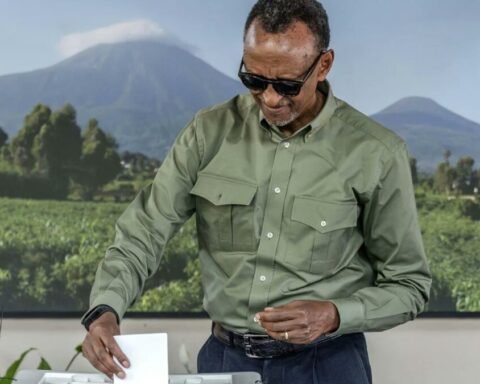Themba Gorimbo, a celebrated Ultimate Fighting Championship (UFC) athlete, has taken to social media to voice his concerns over the state of sports management in Zimbabwe, directly criticizing the country’s Minister of Sports, Kirsty Coventry, and the Sports and Recreation Commission (SRC). Gorimbo’s passionate tweets reveal a mixture of national pride and frustration with the bureaucratic obstacles he faces, particularly regarding the use of national colours on his fight gear.
In a series of outspoken messages, Gorimbo praised the developmental strides made in Zimbabwe, such as improvements to infrastructure, while lamenting what he perceives as the decline of sports under the current ministry. He accused the Minister of Sports of nepotism and lack of professional conduct, alleging that her family has undue influence over the department and that her husband plays an inappropriate role in official meetings.
One of Gorimbo’s main grievances is the denial of his request to wear Zimbabwe’s national colours in UFC competitions, a privilege granted to athletes from other countries. His situation highlights a broader issue within the sports community in Zimbabwe, where athletes face administrative hurdles that affect their ability to represent their country on international platforms.
Gorimbo’s critique extends to the operations of the Zimbabwe MMA board and the SRC, suggesting that the process to obtain national representation is marred by unnecessary complexities and demands for compliance. His hashtag #kirstyworstsportsministerever underscores his dissatisfaction with the leadership and governance of sports in Zimbabwe.
These tweets have sparked a conversation about the challenges faced by athletes in Zimbabwe, drawing attention to the need for transparent and supportive sports administration. Gorimbo’s case is a poignant example of the struggles between individual athletes’ aspirations and the bureaucratic mechanisms that govern sports representation, igniting debate on the future of sports in Zimbabwe.








